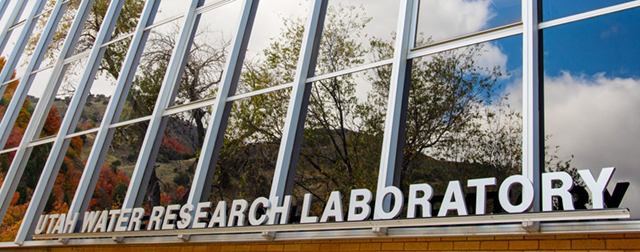Document Type
Report
Publication Date
January 1983
Abstract
The major focus of this study was on the potential mutagenicity of aqueous leachates from spent oil shale. Additional mutagenicity testing was also done on raw shale and coal. The Ames salmonella microsomal bioassay was used to test for chemical mutagenicity. Spent oil sahles from the Paraho and TOSCO II processes, a raw shale from Anvil Points, and a composite coal sample from the Wasatch plateau were extracted with water and organic solvents. Only organic solvent extraction of the TOSCO spent shale resulted in a mutagenic response. The lack of mutgenic reponse to organic extracts of Paraho spent shale was unexpected and was probably due to higher than typical temperatures at which it had been retorted. Using TOSCO spent shale leachate and the organically extracted mutagen, a partition relationship between the spent shale and leachate water was developed. The mutagen was found to have a fairly high affinity for spent shale. Based on this it was estimated that mutagenicity of the TOSCO spent shale leachate will be low (in the range of chlorinated wastewater), however it will require many pore volumes to leach out of a pile potentially resulting in a chronic long-term problem.
Recommended Citation
Hinchee, Robert E.; Adams, V. Dean; Curtis, Jeffrey G.; and Seierstad, Alberta J., "Evaluation of the Potential for Groundwater Transport of Mutagenic Compounds Released by Spent Oil Shale" (1983). Reports. Paper 414.
https://digitalcommons.usu.edu/water_rep/414


